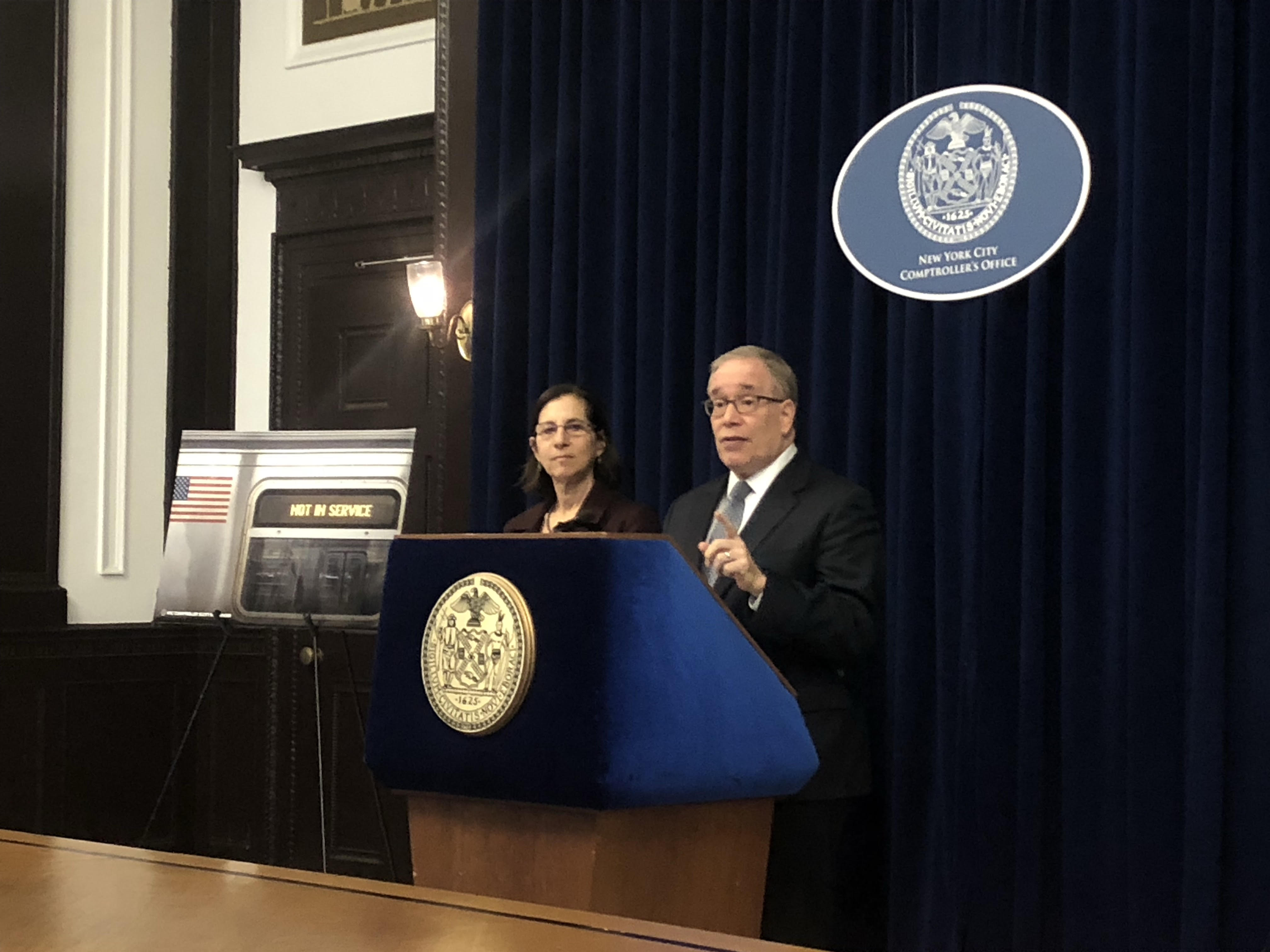
BY TERESE LOEB KREUZER | Mohammed Azam, 27, who came to New York City from Bangladesh as a nine year old, has something to celebrate this July 4. After almost eight years of deportation proceedings, during which two federal judges ruled in his favor, Immigration and Customs Enforcement (I.C.E.), an agency of the U.S. Department of Homeland Security, has dropped its case against him. As of this month, Azam is a permanent resident of the United States. After the requisite five-year waiting period, he plans to become a U.S. citizen.
Azam, who has no criminal record, who considers the United States to be his home, who worked his way through college because he wasn’t eligible to apply for financial aid and who is now manager of the Häagen-Dazs store in the South Street Seaport, is one of thousands of immigrants in New York City to be targeted by I.C.E. for deportation.
His troubles started in 2001 when his father submitted an application for labor certification under a federal program for granting green cards. Had that application been processed in a timely fashion, Azam, like his parents and the older of his two younger sisters (his other sister is a U.S. citizen because she was born here), would have received a green card. But it was not. The application languished for six years in a bureaucratic morass. By the time it was processed, Azam was 22 years old and no longer considered his father’s dependent.
There was another complication. In the aftermath of 9/11, the Department of Homeland Security required that Muslim males register with the agency. “In the beginning, 13,000 people who reported for special registration were handed into deportation proceedings,” said Nancy Morawetz, co-director of the N.Y.U. School of Law’s Immigrant Rights Clinic, which defended Azam pro bono for almost eight years. “I.C.E. was fighting all of those cases. It was a time of total fear in the Arab/Muslim/South Asian population of New York. Country after country would be called up for special registration. People had 30 days to figure out what they were doing. Mohammed came in with copies of the paperwork his father had filed. Nobody was interested in looking at it.”
“I was young. I had to go in front of the judge. I was scared knowing I could be deported at any time. That fear was always inside me,” said Azam, recalling his high school and college years when he had to go to court several times a year. Despite the stress, Azam graduated from Walton High School in the Bronx and from Monroe College, where he majored in business administration. At the same time, he was working at Häagen-Dazs, where his diligence led to promotions.
Azam’s case was referred to the N.Y.U. Immigrant Rights Clinic by an attorney at the Asian-American Legal Defense Fund. The clinic is staffed by second- and third-year law students under the supervision of their professors.
“We don’t take many cases,” said Morawetz, “but we take cases that organizations are concerned about and at the time, we were interested in taking the case of someone who had been arrested through special registration. Once somebody is in deportation proceedings, generally I.C.E. will continue to pursue deportation. There are times when the agency will exercise discretion not to appeal, but they tend to be situations where they think the person is clearly eligible for the form of release and it was just a matter of discretion on the part of the judge.”
The Immigrant Rights Clinic argued that Azam should not be deported because he is shielded by the Child Status Protection Act, which states that if children become adults before the government acts, the lag should not be held against them. Nevertheless, even after a federal judge threw out Azam’s deportation case because of technicalities in the way I.C.E. had handled it, the agency appealed.
“I don’t know exactly why I.C.E. took the position they did – but they have taken – not just in our case but throughout the country – a very restrictive reading of that act as protecting kids,” said Morawetz. “There are many places where I.C.E. reads the law to be harsher than it has to be.”
In February 2011, a second federal judge, Gabriel C. Videla, concurred and said that Azam should be allowed to become a permanent resident.
However, again, I.C.E. stated its intention to appeal. At this point, Morawetz decided to bring the case to the attention of Borough of Manhattan President Scott Stringer and the press. On May 26, 2011, Stringer and 20 other elected officials wrote to I.C.E. on Azam’s behalf. On June 1, 2011, The New York Times published an article about Azam. The next day, the immigration agency announced that it was dropping the case.
“If the law is on your side and you keep winning court cases but the government keeps coming back, targeting you, then that becomes a political question,” said Stringer. “Obviously we want our government to be vigilant on matters of national security and obviously the police force under Ray Kelly does a magnificent job of protecting New York but when vigilance starts impacting innocent people, then we have a right to question the policies of our government in regard to these issues — and it’s great when our government can listen to the people.”

Three months ago, I.C.E. terminated the special registry in which Azam was required to enroll. But, as Stringer pointed out, there is much more to be done.
“We need the U.S. government to honor its historic commitment to justice and fair play for all people, including immigrants,” he said, “so we need the government to pass the DREAM act [Development, Relief and Education for Alien Minors] so that millions of current college students and military enlistees who were brought to the U.S. as dependent children can have a path to citizenship. It languishes in the Congress today.
“We also need to end the criminal alien program at Riker’s Island, which has subjected thousands of law-abiding immigrants to cruel and arbitrary deportation with no regard for their families. Mohammed’s case is one of many. This one turned out well because a combination of political help and legal help managed to get him to where he needed to be. But so many people are falling through the cracks. We are a city of big dreams and our diversity is our total, complete strength. We have to be vigilant as community leaders and elected officials to protect all of our children.”
Azam said that he is not angry about what happened to him. “I knew that one day I will get my permanent resident,” he said. “This is my country. I grew up here. I came here when I was nine. I don’t know nothing about Bangladesh.”
On July 9, he will be going to Bangladesh for the first time in 18 years to attend his sister’s wedding. Had he not gotten his immigration status straightened out, he would not have been able to go to the wedding. He plans to stay two weeks and then he will come back to New York, where he dreams of getting an M.B.A. and opening his own business.
“He will be a job producer,” said Stringer. “Ownership will give him the ability to help other people who will follow in his footsteps.”






























